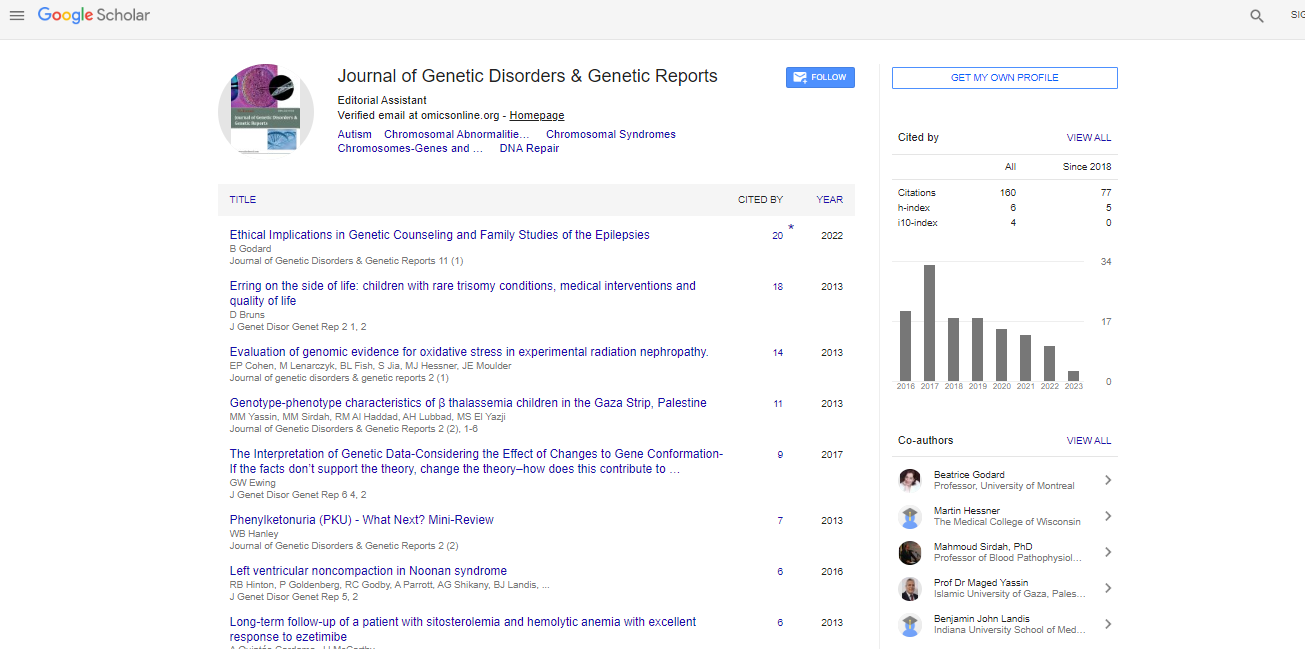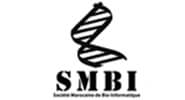Identification of potential and mutual inhibitors against Chikungunya and Sindbis virus replication: A consensus approach against alphaviruses
Nouman Rasool and Waqar Hussain
University of Management and Technology, Pakistan
: J Genet Disor Genet Rep
Abstract
Alphaviruses, which belong to the family Togaviridae, are single-stranded positive-sense RNA viruses and contain various viruses. Two major viruses which have more economic, medical and theoretical importance are Chikungunya virus (CHIKV) and Sindbis viruses (SINV). These viruses are fundamentally known to cause arthritic disease and encephalitis in humans and are grooming as a potential threat to worldwide nations. Individual development of drugs against each virus can be costly and resource consuming, thus, there is a dire need for the identification of such potential inhibitors, which can inhibit the alphaviruses, mutually. Based on this issue, the present study targets the identification of inhibitors against two major members of Alphavirus, Chikungunya virus and Sindbis viruses. A total of 2750 phytochemicals from various medicinal plants are docked against non-structural proteins (NSPs) of CHIKV and SINV. The ADMET test was performed to determine various pharmacological parameters of the phytochemicals. The docking was performed using Autodock Vina. Based on this, mutually inhibiting compounds against CHIKV and SINV are screened and Density Functional Theory (DFT) based analysis was carried out on ORCA to analyze the reactivity of the inhibitors at the binding pocket of the proteins. Hybrid exchange-correlation was applied for quantum mechanistic calculations to predict molecular orbital energy descriptors. Out of 2750 phytochemicals from various medicinal plants, 108 chemicals have passed ADMET (Absorption, Distribution, Metabolism, Excretion and Toxicity) test and Lipinski’s rule criteria showing that these are safe for human use. On docking with proteins, 108 phytochemicals have shown highest different binding affinities with the viral protein. Reactivity of the compounds was analyzed using the B3LYP correlation of DFT and from all these compounds, only those compounds are screened which show strong binding affinities against NSPs and are mutual in CHIKV and SINV. Based upon the results, it is concluded that the screened phytochemicals are highly competent to impede the replication of two alphaviruses i.e. CHIKV and SINV. These compounds are safe for human use and are the ideal candidates to cure an infection caused by CHIKV and SINV in humans.
Biography
E-mail: nouman.rasool@umt.edu.pk
 Spanish
Spanish  Chinese
Chinese  Russian
Russian  German
German  French
French  Japanese
Japanese  Portuguese
Portuguese  Hindi
Hindi 



